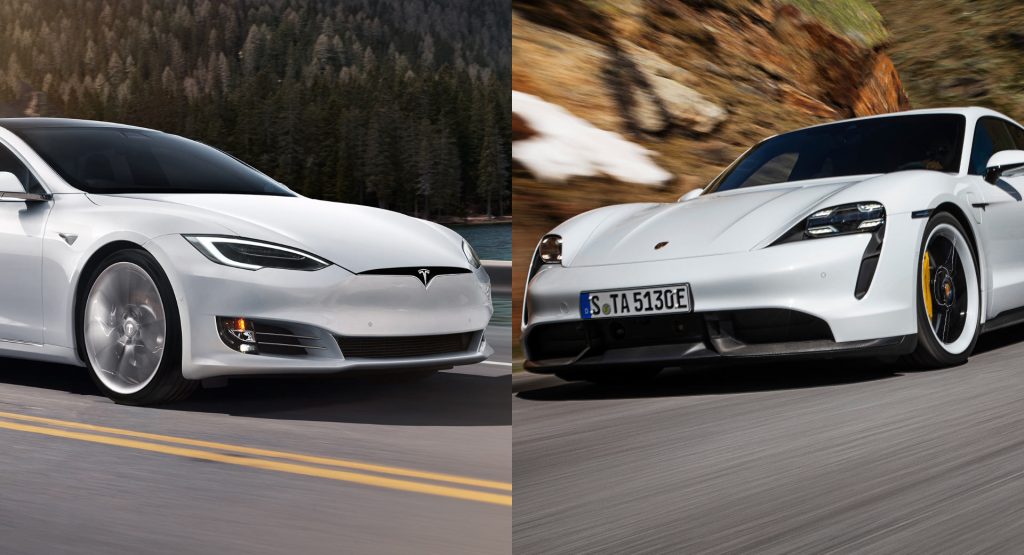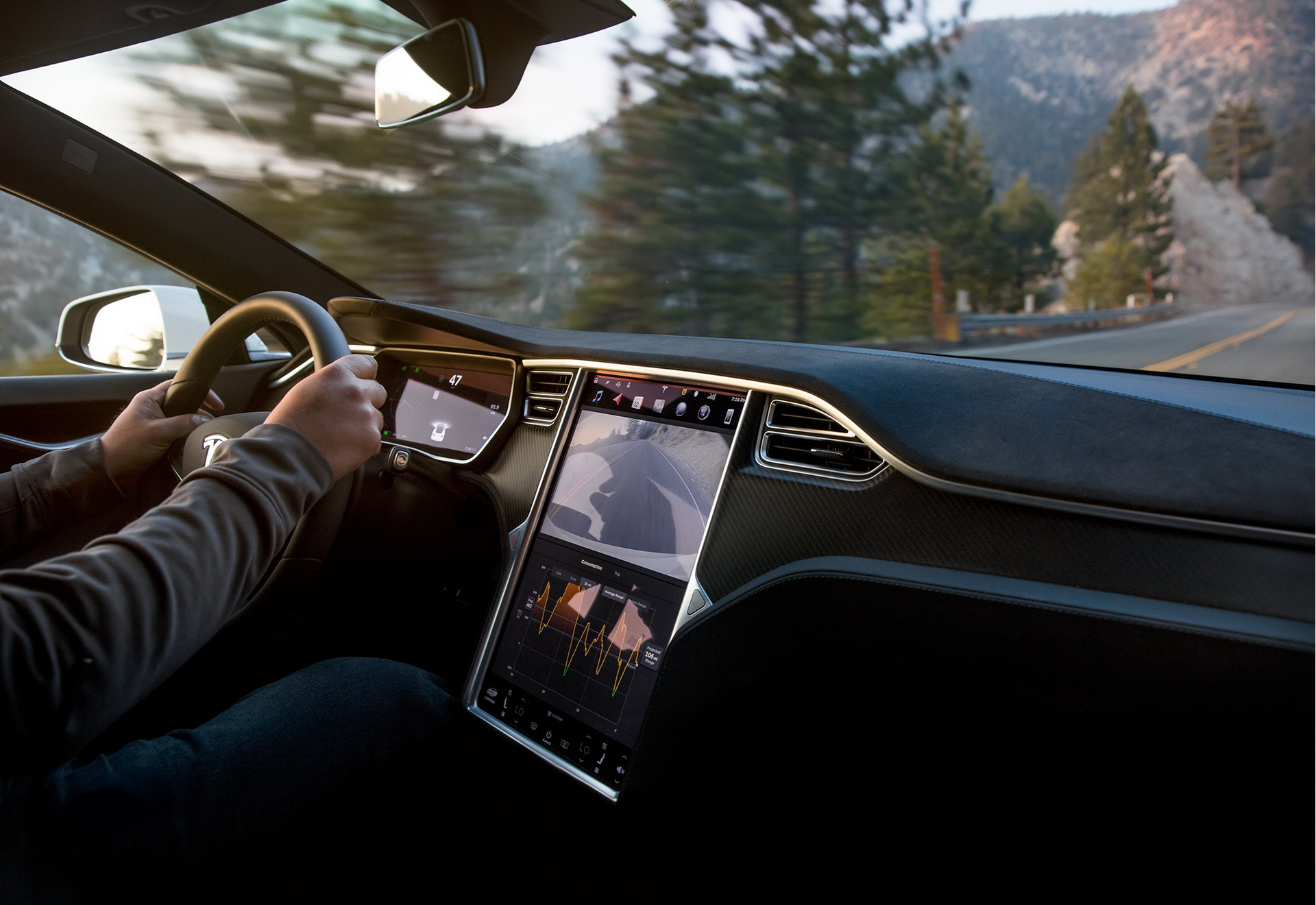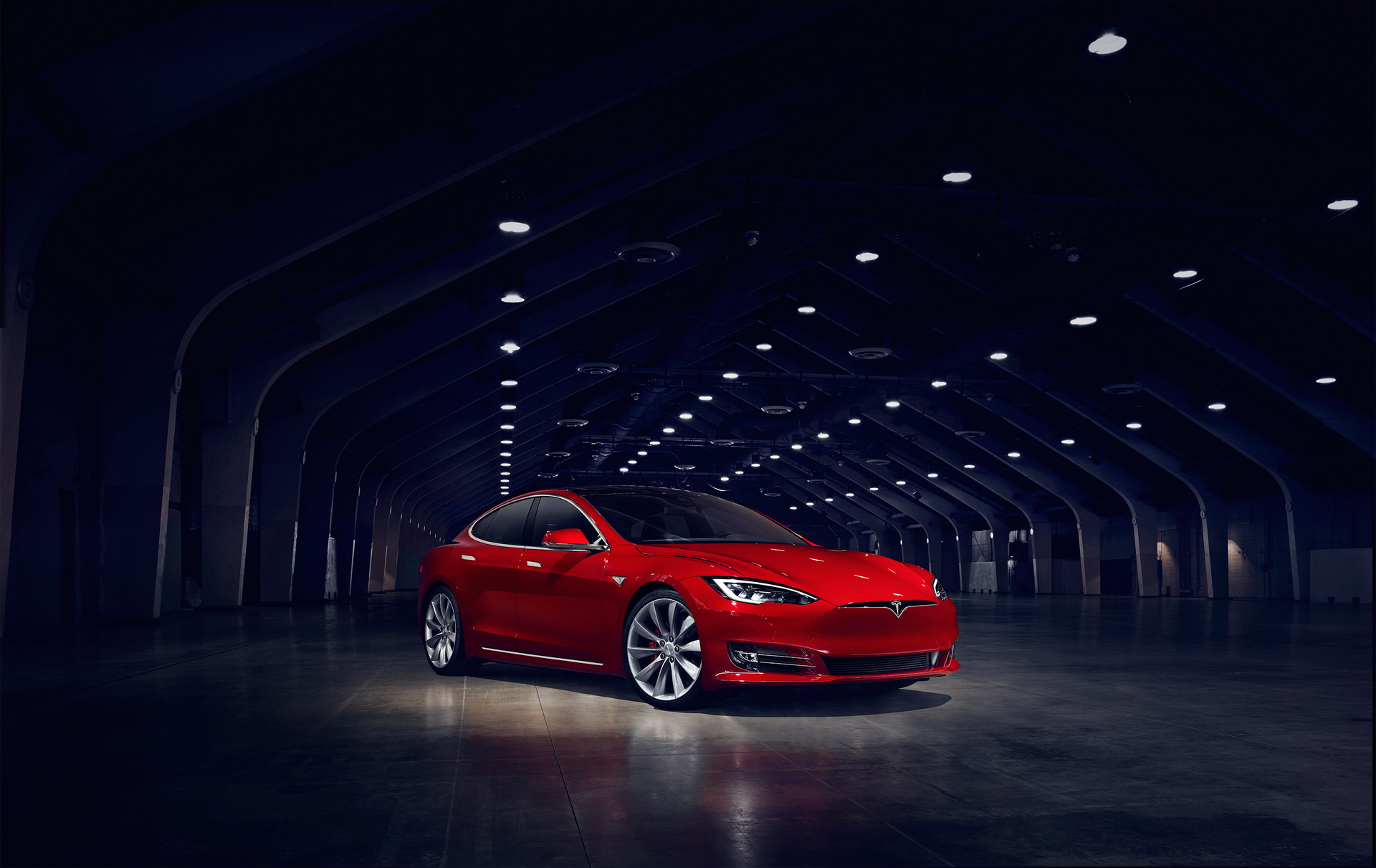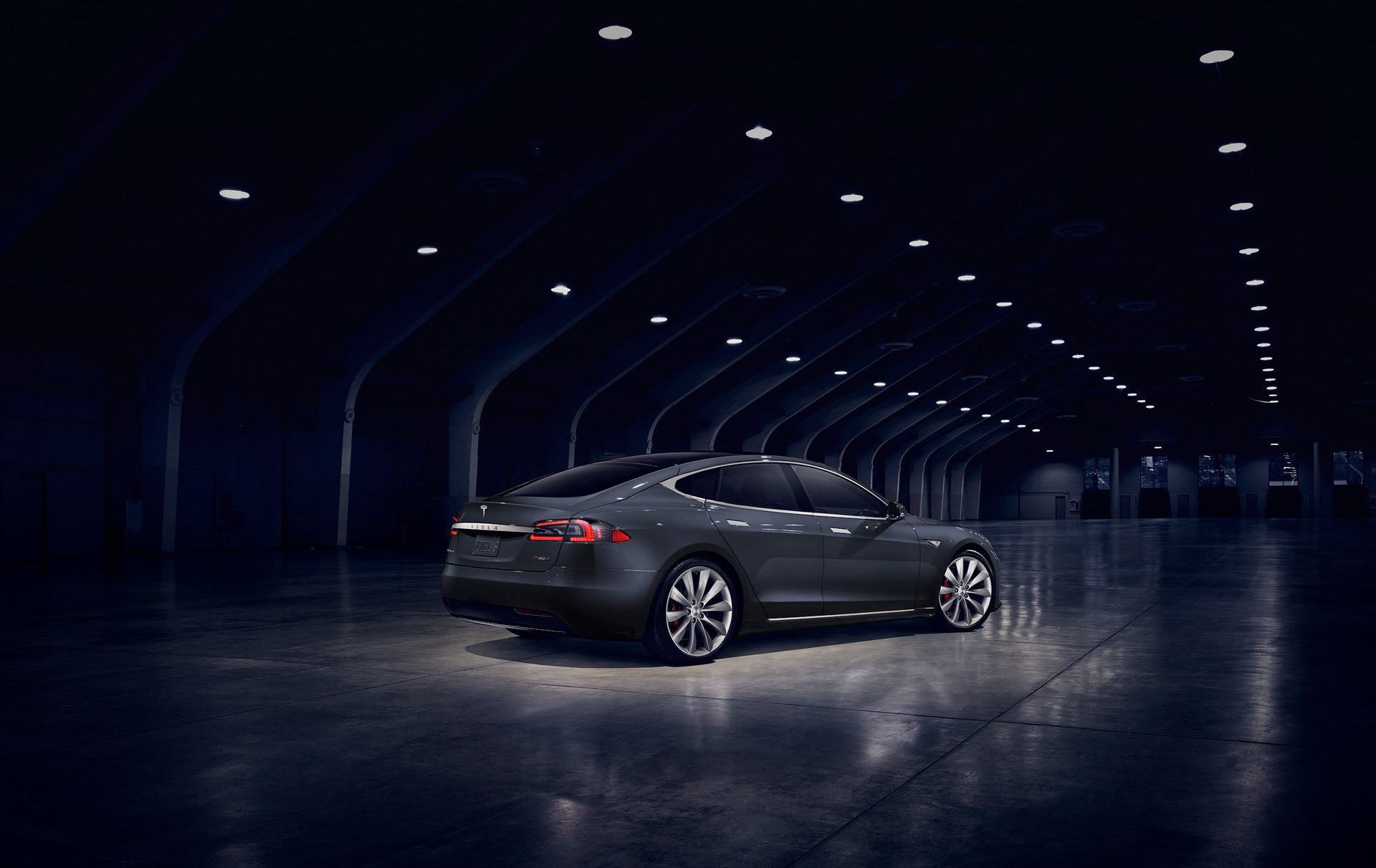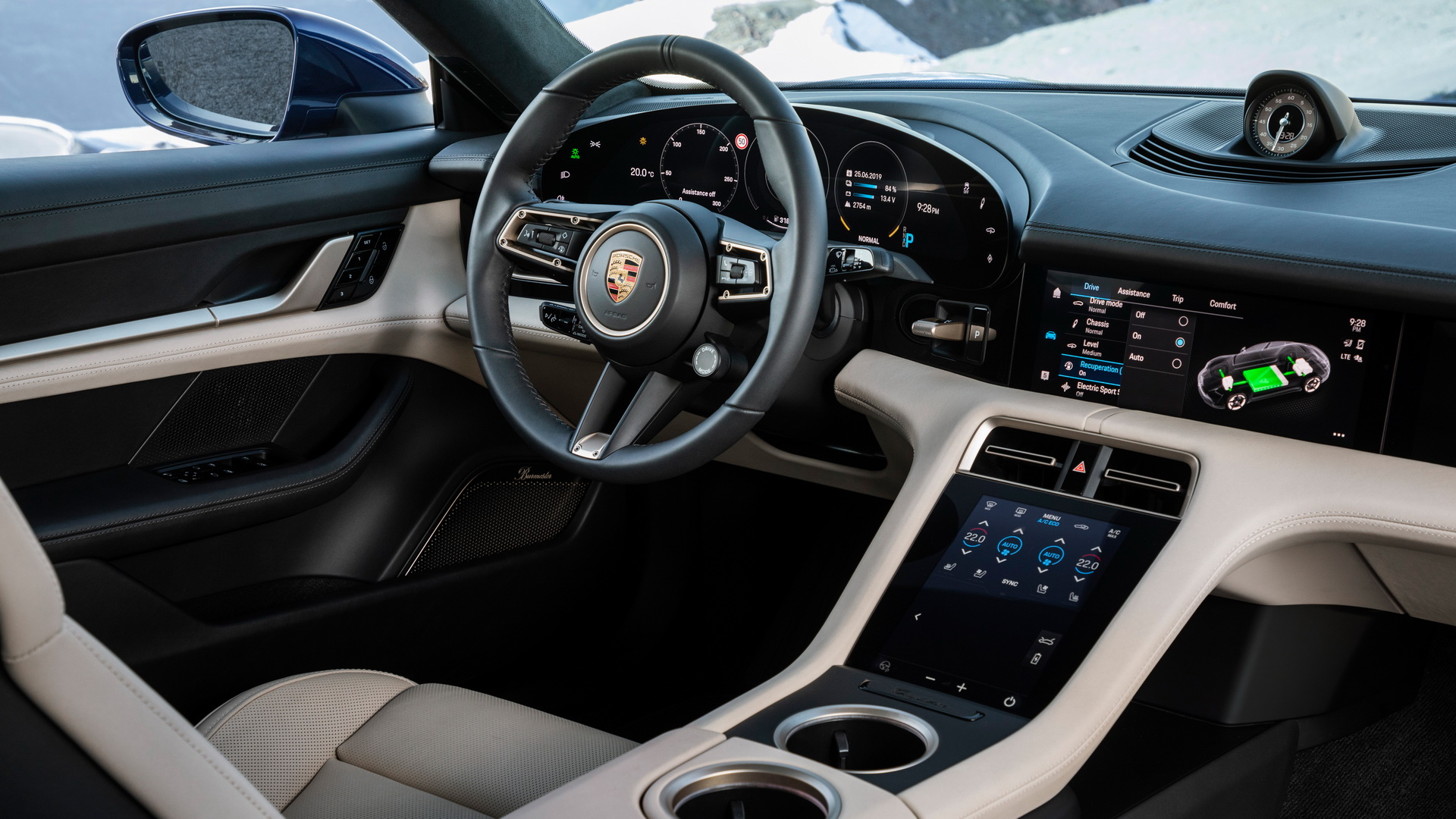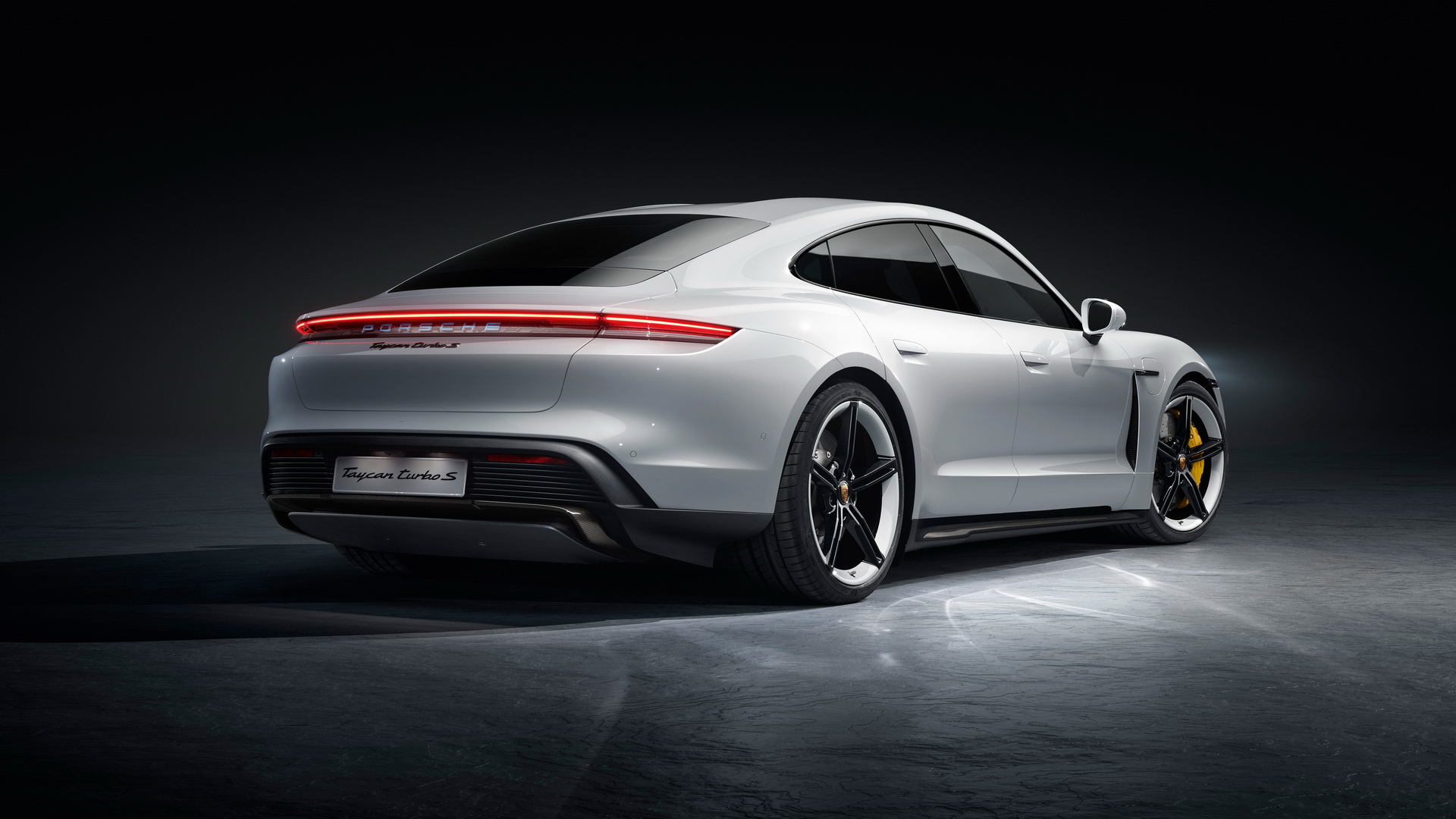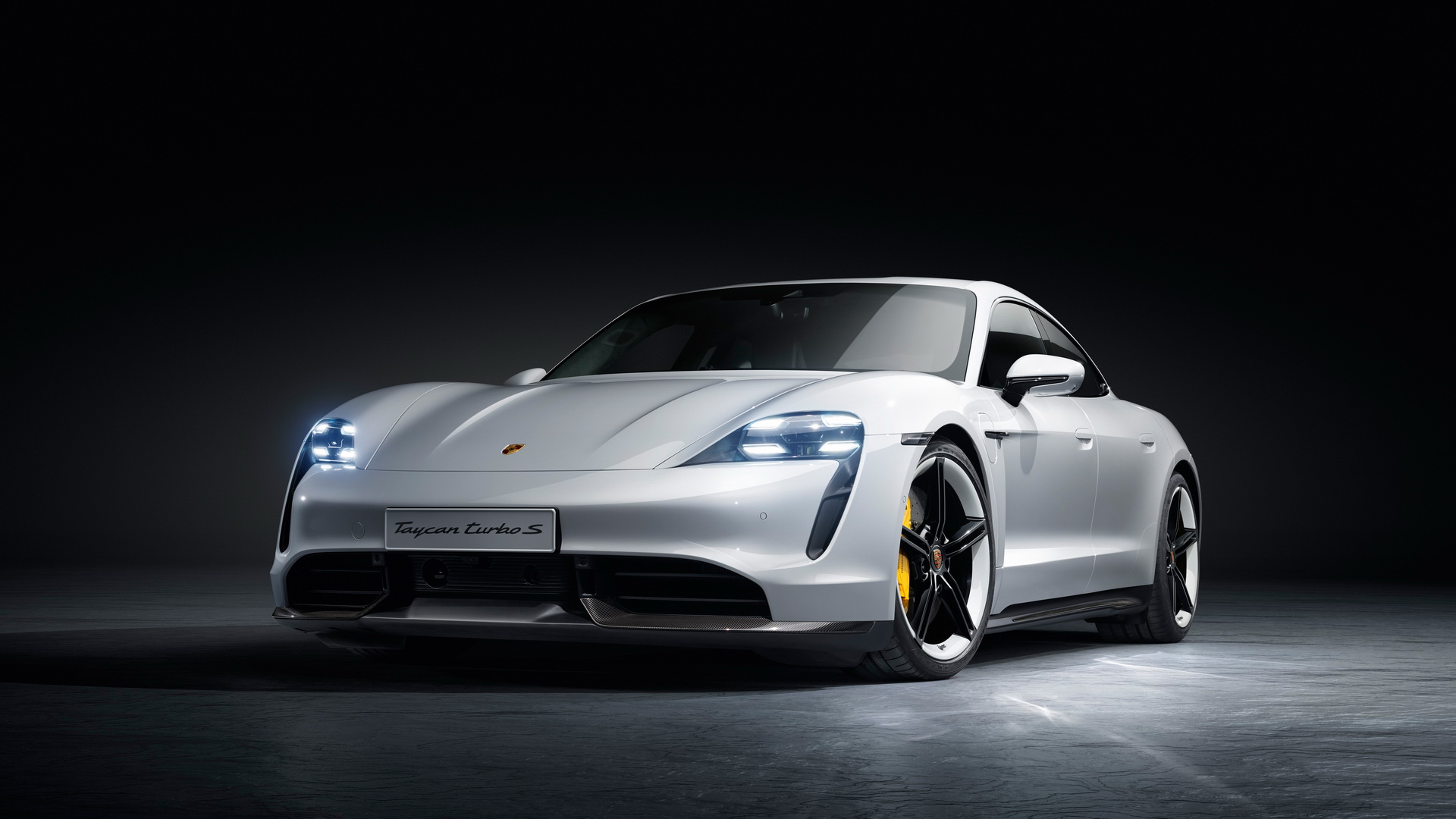Shortly after the official reveal of the Porsche Taycan, Elon Musk reacted to the news by questioning the German carmaker’s decision to call its electric car “Turbo”, while announcing that he will send a Tesla Model S to the Nurburgring in an attempt to beat the record lap time of the Taycan.
As usual, Tesla’s founder made both his comment and the announcement using his Twitter account, without providing further information about this upcoming visit on the Nurburgring.
Porsche’s decision to call the two fastest versions of the Taycan ‘Turbo’ has drawn criticism from a portion of the media and public, due to the lack of actual turbocharging and an ICE powertrain.
Um @Porsche, this word Turbo does not mean what you think it does
— Elon Musk (@elonmusk) September 5, 2019
However, Porsche has indeed been using the ‘Turbo’ badge to simply signify the faster iterations of its models – including the 911, Macan, Cayenne and Panamera – despite the fact that almost its entire lineup is using turbocharged powertrains.
Whether you feel like Porsche’s choice of words is poor or not, the new Taycan is arguably one of the most impressive new cars of the year and one of the most important in the history of the German brand.
The range-topping Porsche Taycan Turbo S offers up to 750 HP (761 PS) and 774 lb-ft (1,050 Nm) of torque from its electric powertrain, making it capable of hitting 60 mph (96 km/h) in 2.6 seconds, with 0-124 mph (200km/h) possible in 10.6 seconds.
Energy is provided by a 93.4 kWh battery pack, allowing for a driving range of 256 miles (412 km) on the WLTP cycle. Perhaps more importantly, the new Taycan makes use of a 800-volt architecture – a first in the EV world – which allows it to hit its performance numbers with much greater consistency.
Model S on Nürburgring next week
— Elon Musk (@elonmusk) September 5, 2019
Thanks to its ability to retain a consistent performance, the Taycan managed to lap the Nurburgring in an impressive 7 minutes and 42 seconds and apparently Tesla isn’t going to leave this challenge unanswered.
It will certainly be interesting to see how are they going to tackle a full, flat-out lap of the 12.9-mile track, since the Model S reportedly has a tendency to overheat and go into reduced power mode when driven on even a normal-sized track.








